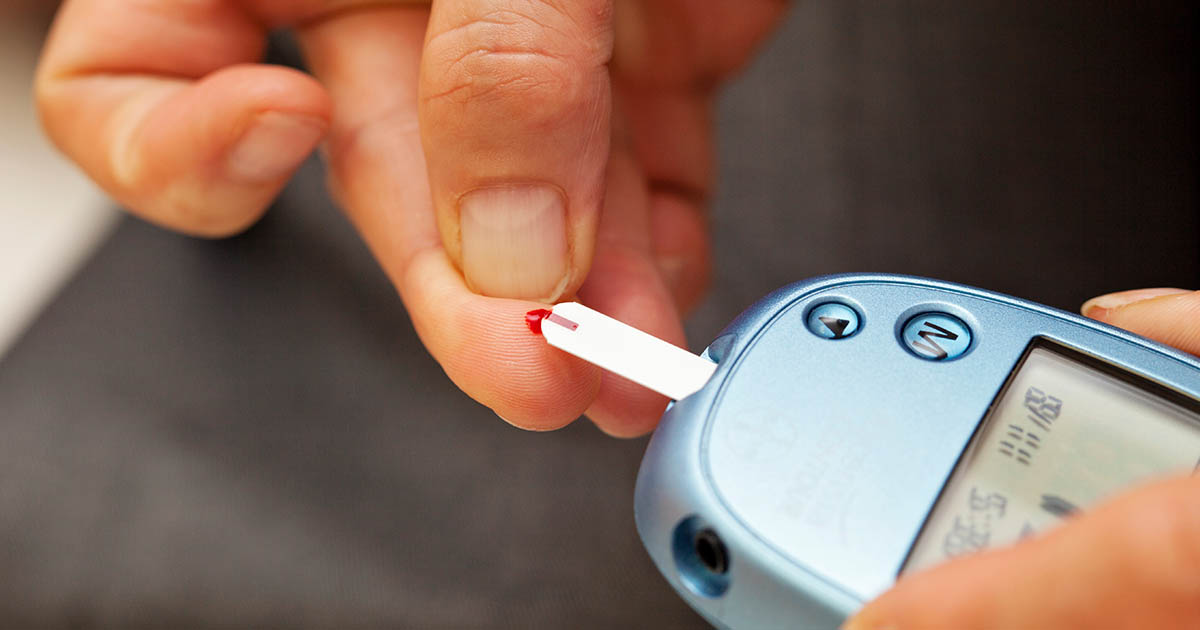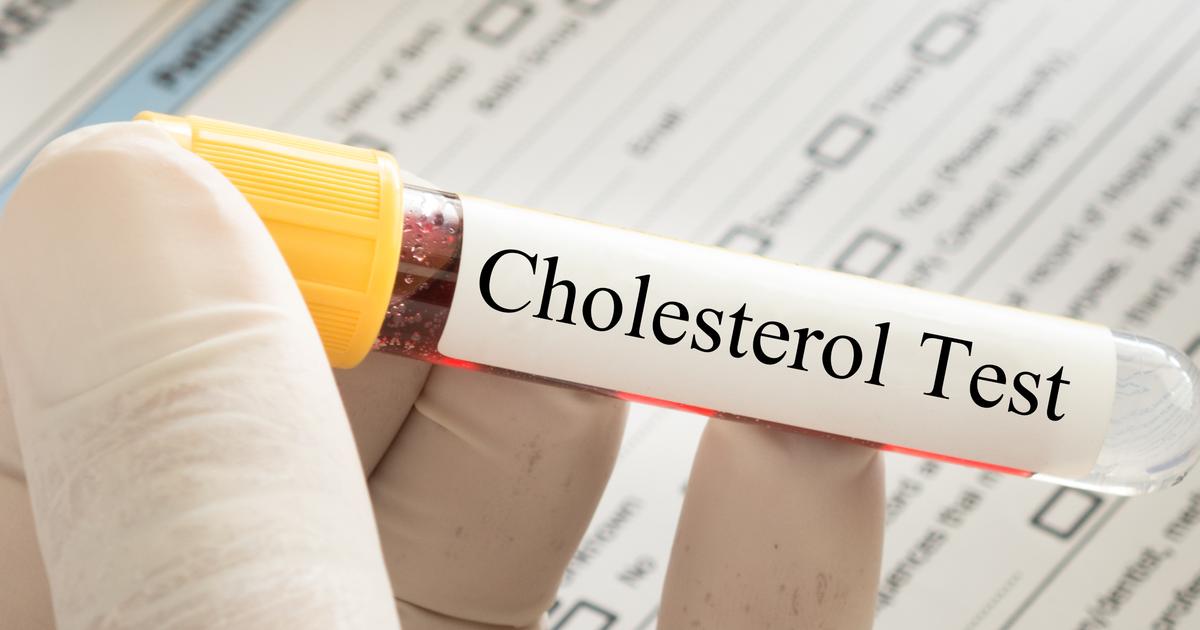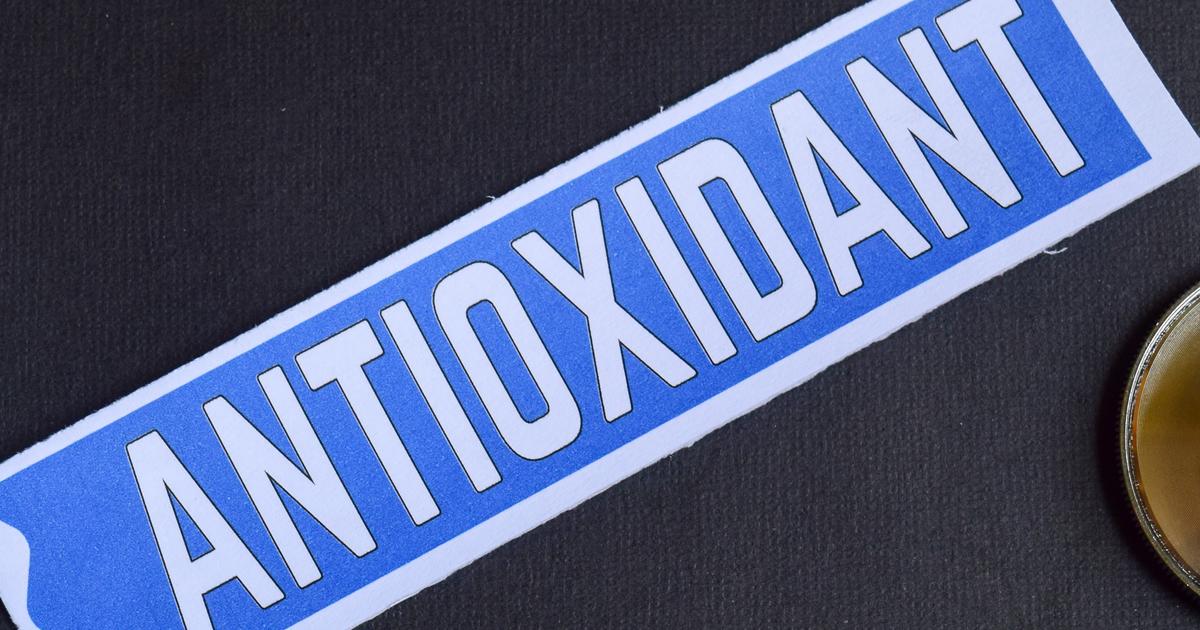Health Benefits Of Cilantro (Coriander)
Cilantro, otherwise known as coriander, is a herb commonly used in hundreds of dishes across cultures all over the world. It can be a flavorful part of curries, salads, and soups. Some individuals even use cilantro as a garnish on mashed potatoes, steaks, and other dishes. Culturally in the United States, cilantro is the term for the leaves of the plant, while coriander is the term used for the seeds. This plant has a wide variety of nutritional benefits thanks to its many health-boosting compounds. Every part of the plant is technically edible, but the seeds and leaves are the most commonly used components in recipes. The plant is rich in antioxidants and other vitamins, so it can help an individual's body maintain equilibrium.
Get familiar with the major health benefits of cilantro now.
Lowers Blood Sugar

Coriander seeds and cilantro have both been shown to have some effect on an individual's blood sugar. Namely, they may be able to moderately reduce their blood sugar. This is true even in individuals who don't have diabetes or prediabetes. Some foods can protect diabetes patients against blood sugar spikes by slowing the amount of sugar released into the blood over time. However, cilantro works differently. Rather than affecting the speed of digestion, the cilantro plant is thought to increase the body's production of enzymes that remove blood sugar. In an animal study, the animals that had a dietary supplement of coriander seeds were also shown to have significantly lower blood sugar. Another animal study indicated in animals with diabetes, the leaves of the cilantro plant had nearly the same efficacy at blood sugar reduction as prescription diabetes medication. With all of that said, there haven't been many conclusive human studies done to date. More research needs to be compiled and published regarding human participants before a definitive statement can be made regarding the efficacy of cilantro on blood sugar management.
Read more about the health benefits of cilantro now.
May Lower Low-Density Lipoprotein Cholesterol

There are several risk factors for heart disease cilantro has a positive effect on. Consuming cilantro can have such a positive effect on the cardiovascular system that it may reduce an individual's risk of developing heart disease or worsening heart disease that already exists. More research needs to be done, but the preliminary findings have been promising. One of these areas is in cilantro's ability to lower low-density lipoprotein cholesterol, which is the 'bad' type of cholesterol found in the blood. In the same study that showed cilantro lowering low-density lipoprotein cholesterol, the plant also appeared to increase the levels of high-density lipoprotein cholesterol, which is more commonly known as the 'good' cholesterol in the blood. This study has only been done on rats, however, so more research needs to be done to determine whether these findings can be replicated in humans. These preliminary findings do indicate there are reasons coriander seeds have traditionally been used to treat cardiovascular illness.
Discover additional health benefits linked to cilantro (coriander) now.
Reduces Blood Pressure

Another potential cardiovascular health benefit of cilantro is that it may be able to reduce blood pressure. High blood pressure is a medical condition that affects millions of Americans. Blood pressure medication is often prescribed to help patients manage the condition. Several factors can contribute to high blood pressure. Stress can have a temporary effect on blood pressure, and chronic stress can cause blood pressure to become consistently elevated. Sleep deprivation also appears to have a negative effect on blood pressure. Just a few weeks of sleep deprivation can have a strong enough effect on an individual's blood pressure to cause permanent or semi-permanent changes. If individuals have high blood pressure, their cardiovascular system is being constantly worn down by the press of blood against their blood vessel walls. This increases their risk of heart attack, stroke, heart disease, and other health complications. In addition to using whatever management plan is put together by a doctor, they might use cilantro and other herbal and dietary supplements to help manage their blood pressure.
Keep reading to reveal more health benefits of cilantro now.
Rich In Antioxidants

Coriander and cilantro are both full of antioxidants, which are one of the most important parts of an individual's diet. They affect nearly every system throughout the body, from the skin to the health of the brain. The human body contains substances called free radicals, which cause cells to age, die, and become prematurely damaged. Antioxidants are compounds that destroy the free radicals in the body, which helps promote healthy cell growth and slow the overall aging process. Some studies also indicate antioxidants can boost the health of the immune system. The antioxidants in the cilantro plant have been specifically shown in multiple studies to reduce inflammation in the body by reducing the immune system's inflammatory response. Some of the compounds in cilantro include tocopherols, quercetin, and terpinene. Animal and test-tube studies have shown these compounds might have effects that protect the brain, improve the immune system, and prevent the development of cancer. However, more research on humans is necessary before conclusive statements can be made.
Learn more about the health benefits linked to cilantro now.
Promotes Healthy Digestion

Cilantro can help promote healthy digestion. Like the majority of plant matter individuals might consume, cilantro is high in fiber, which helps regulate an individual's digestive processes and bowel movements. Additional studies indicate when oil is extracted from coriander seeds, it can accelerate the digestive process. In a study done of patients with irritable bowel syndrome, thirty drops of an herbal coriander medication taken three times each day had a significant effect. The volunteers experienced a strong decrease in their abdominal pain, discomfort, and bloating when compared to the placebo group. In traditional Iranian cultural medicine, coriander seed extract can be used as an appetite stimulant. There have been studies in rats that indicate coriander can increase appetite, though more formal studies need to be done on human participants.